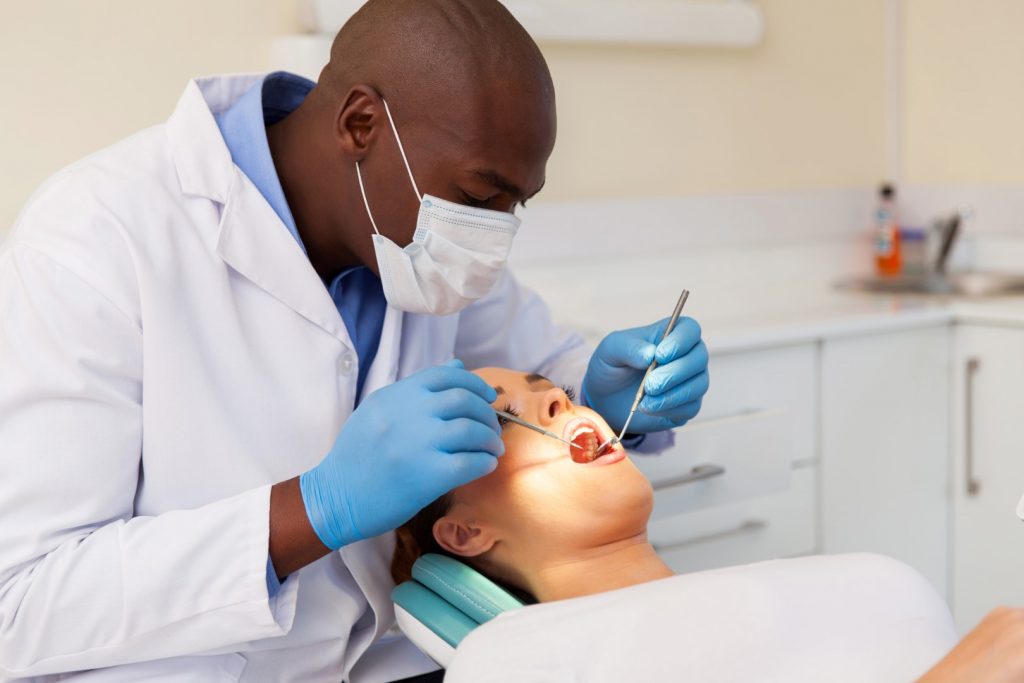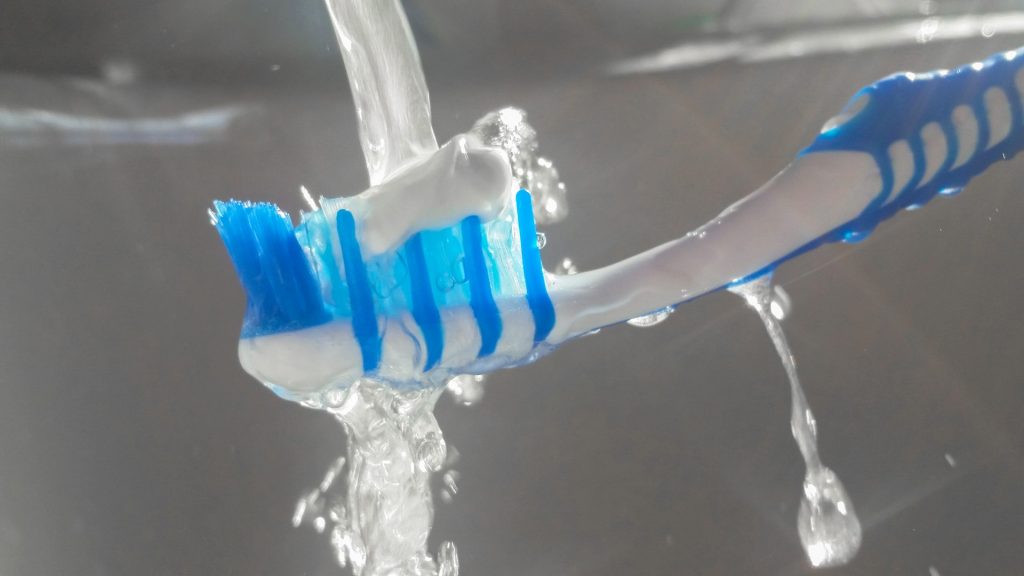Information Library
Start Reading

Does fluoride in water help teeth? Absolutely!
Community water fluoridation helps keep teeth strong, reduces tooth decay in children and adults by about 25%, and saves money for families and the healthcare system.
For 70 years, Philadelphians have been drinking fluoridated water from their taps. As the PA Coalition for Oral Health and the University of Pennsylvania School of Dental Medicine celebrate seven decades of fluoride in Philadelphia water, let’s review what fluoride is, the benefits of fluoride in water, and how one of the 20th century’s greatest public health achievements is still giving the City of Brotherly Love a lot to smile about.
 The mineral fluoride plays a major role in many areas of human health, such as bone formation and strength. It’s best known for helping promote dental health and prevent tooth decay.
The mineral fluoride plays a major role in many areas of human health, such as bone formation and strength. It’s best known for helping promote dental health and prevent tooth decay.
Fluoride works by strengthening tooth enamel (the teeth’s outer protective layer). Fluoride in the mouth combines with minerals in the enamel and in saliva to form a stronger compound, called fluorapatite. This compound is resistant to attacks from the bacteria, sugars, and acids produced during the breakdown of food.
Fluoride not only effectively minimizes the risk of cavities but also helps repair enamel damaged by bacterial acids. This remineralization process makes teeth less prone to decay and reduces the need for dental intervention.
All water naturally contains some fluoride, though not usually in significant enough levels to reduce the risk of tooth decay.
Early in the 1900s, however, dental researchers noticed that residents of certain communities that did have naturally high levels of fluoride in drinking water reported remarkably low levels of tooth decay. The researchers wondered, “Does fluoride in water help teeth?”
After extensive research, scientists found that fluoride, when present at optimal levels, indeed plays a crucial role in preventing tooth decay. This breakthrough discovery spurred the development of methods to add fluoride to public water supplies.
Fluoridated water ensures everyone, regardless of socioeconomic status, has access to a major dental health benefit.

Philadelphia residents have been enjoying the benefits of fluoride in water since 1954, nine years after Grand Rapids, Michigan, became the first U.S. city to fluoridate its public water supply.
Although Philly wasn’t among the first to add fluoride to its water, the history of fluoridation does have a strong connection to the city.
Frederick Sumner McKay, a University of Pennsylvania School of Dental Medicine graduate (Class of 1900), opened his dental practice in Colorado Springs in 1901. The chocolate-colored splotches on so many of his patients’ teeth concerned him—yet he noted that teeth sporting the “Colorado Brown Stain” were “surprisingly and inexplicably resistant to decay.”
Some three decades later, McKay and others discovered the waterborne fluoride that caused the discoloration also caused the protection against decay. Further investigation identified the levels at which individuals can experience the benefits of fluoride in water without discoloration, now known as dental fluorosis.
Dental fluorosis doesn’t affect teeth’s health or function. It can cause cosmetic concerns for some patients. To prevent fluorosis, fluoride levels in public water are typically kept below the recommended maximum set by health organizations. However, toothpaste and certain foods and beverages can also contribute to fluoride intake, so patients should be mindful of their overall fluoride intake.

Under the Philadelphia Department of Public Health’s guidance, the Philadelphia Water Department (PWD) adds fluoride to the city’s water at a low 0.7 mg/L concentration for the prevention of tooth decay.
“Even if PWD did not add fluoride to the water,” the department notes, “small amounts would still be present. The natural level of fluoride in Philadelphia’s rivers is only about 0.1–0.2 mg/L.”
In 2021, a PWD statement to WHYY News spelled out the health and economic benefits of fluoride in water: “Fluoridation has traditionally been justified on the economic basis of a 40 to 65% reduction in dental caries. … The CDC estimates that in most cities, every $1 invested in water fluoridation yields an approximate $38 in savings on dental treatment costs.”
Although adding fluoride in water does help teeth, fluoridated water in itself is no substitute for routine dental hygiene. The best way to reduce your risk of tooth decay is still to brush twice a day with fluoride toothpaste and to floss regularly.
And when you want a tooth-friendly beverage, pour yourself a glass of Philadelphia’s fluoridated water from the tap!
Do you have other questions and concerns about your oral health? Schedule your next or first appointment at Penn Dental Medicine online now or call us at 215-898-8965.